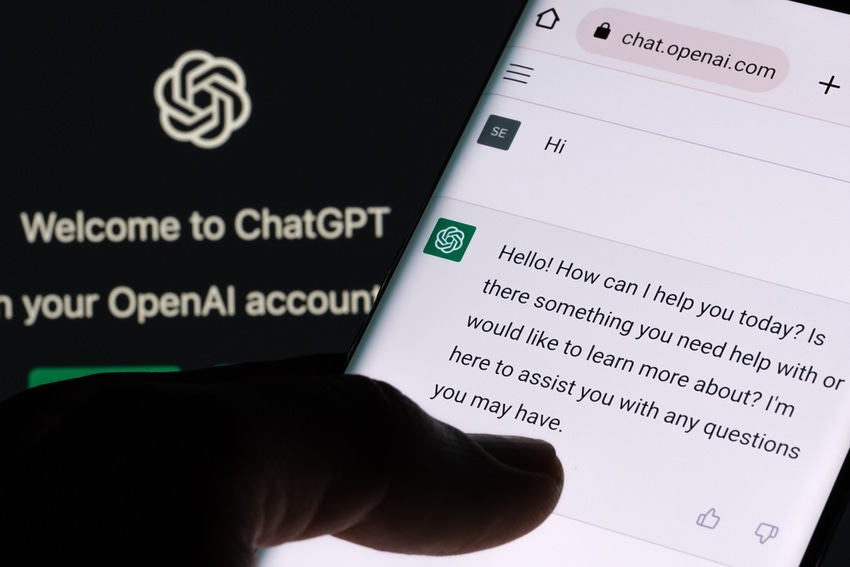
Source: Ascannio via Shutterstock
In new findings from Kaspersky's Digital Footprint Intelligence service, the researchers said there has been an uptick in discussions regarding the illegal use of ChatGPT as well as other large language models on the Dark Web.
The discussions focus on a variety of different cybersecurity threats such as FraudGPT and malicious chatbots. And there were nearly 3,000 of these kinds of posts on the Dark Web, which peaked in March 2023.
In addition, stolen ChatGPT accounts remain a popular chat topic on the Dark Web, with another 3,000 posts advertising the accounts for sale.
"Threat actors are actively exploring various schemes to implement ChatGPT and AI," Kaspersky digital footprint analyst Alisa Kulishenko said. "Topics frequently include the development of malware and other types of illicit use of language models, such as processing of stolen user data, parsing files from infected devices, and beyond."
These Dark Web groups share prompts to unlock functionalities and collaborate to exploit tools for their own malicious purposes, Kulishenko added.
Kaspersky recommends implementing reliable endpoint security solutions to prevent any attacks and mitigate any potential fallout.
 10 months ago
45
10 months ago
45
